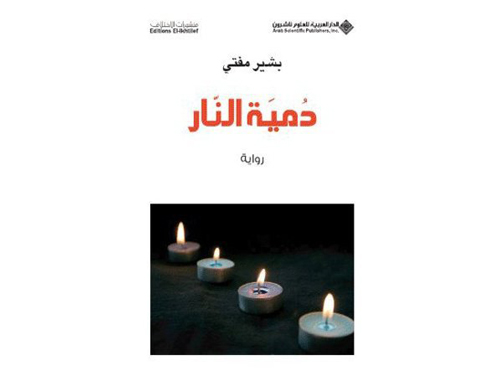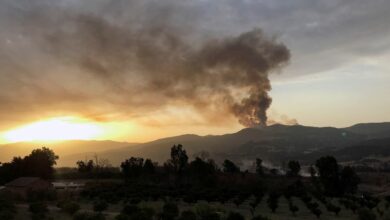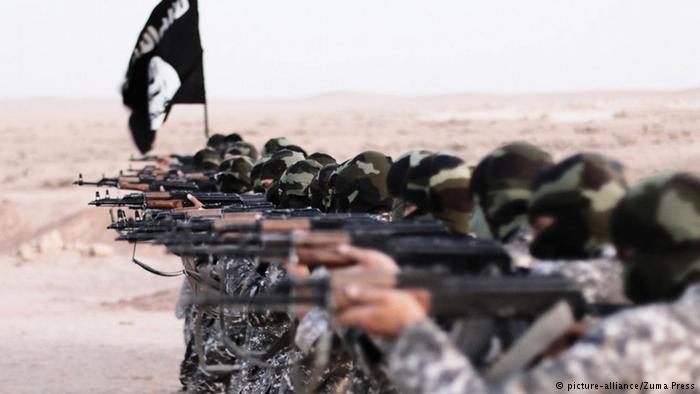
From the onset, Algerian journalist and writer Bashir Mufti entangles the readers of "Toy of Fire" ("Domiat al-Nar") between reality and fiction.
Mufti starts off with a long introduction about his protagonist, Reda Shawish. The incidents are real, he writes. He does not intervene with the events. The novel is only a narration of Shawish’s diary. Mufti was fascinated by Shawish since he first met him many years ago. He tells us that Shawish gave him his diary, and that became the primary material of “Toy of Fire." This approach has been often used to relieve authors from responsibility toward the credibility of events, the ideology of the text and the messages implied, while also presenting readers with events that they cannot easily dismiss as fictional. While we do not know if Shawish ever existed, "Toy of Fire" engages readers with the political and social life of mid 20th century Algeria.
"Toy of Fire" belongs to the genre of Bildungsroman — stories centered around the protagonist’s development and coming of age. Shawish seems to be lost in the philosophical question of whether a person chooses his own destiny or is pre-destined. But, as we follow the events more closely, we discover that Shawish is meant to reflect the lives of many Algerians during the rule of the late President Houari Boumediene and after his death in 1978.
Like Egypt’s Gamal Abdel Nasser, Boumediene was loved by his people. Shawish’s father awaited the president’s speeches passionately, and was inspired by his ambitious reform plans. But, like Nasser, Boumediene also cracked down on opposition groups.
Shawish’s poor family is presented as a microcosm of Algeria at the time, where the authoritative regime frightens all, and uses and abuses the weak. His father worked in a state prison, and intimidated all those around him, including his own family. He tortured prisoners and beat his wife.
As a result, Shawish grows up with great anxiety over the future. He is insecure, has no answers to important life questions, and gradually discovers different aspects of his personality, along with the readers.
At first, we see him as a victim of his surroundings. But as events unfold, we discover that he is a victim of himself, his cowardice and submissiveness to an oppressive ruling authority. He self-victimizes himself, in a constant state of internal conflict that prevents him from enjoying his achievements. He doesn’t try to find purpose or be saved; and even when he joins a revolutionary group in his teenage years, it’s only to defy patriarchal authority.
Shawish is, in fact, the “toy of fire” that burns everything that comes its way, and ends up burning out. Only toward the very end do we sense some changes in his character, but we are never sure that he follows through.
The shocking rape incident makes him usurp things of which he has no right. With it, he falls into a vicious circle of “cannibalism,” as he describes it in his diary. He is not a free agent; he chooses to be controlled rather than in control. We are never given a reasonable explanation for Shawish's actions and cannibalistic future, though. What seems to be emphasized is that most Algerians are trapped in the ambush of an oppressive authority. All of the characters presented are victims of the system with the exception of two: Shawish's mentor, who he meets at revolutionary meetings, and his journalist friend. Both are, however, pushed to the periphery and eventually out of the narrative.
Those two characters — the leftist mentor and Marxist friend — are the only ones Shawish presents in positive light. They escape the torture and conflict of the conscience. However, they are not welcomed in Algeria under the oppressive regime.
Religion is another major theme in Shawish’s narrative. Some characters feel the need to repent; others resort to it to escape an intolerable reality and maintain hope in a better future. It does not always present a healing power though; one of the characters, known for his violence, embraces religion as a way out of his cruel life in prison. Upon his release, a fake aura of religion surrounds him, but underneath remains his cruel nature. Many of the characters also speak in the name of religion, while in fact they serve their own interests and those of the state.
The Algeria presented in Mufti’s novel shares much with pre-25 January Egypt, where power and money mix, shaping the political and economic climate. The “secret network” in "Toy of Fire" controls public policy, and bribery is common among corrupt state officials. The secret network is not linked to the rule of a particular president. It rather represents a group of influential individuals and businesses that seem to control the past, present and future of the country, regardless of the official president(s). Despite the apparent bleak nature of "Toy of Fire," there is a glimpse of hope represented in the journalist friend who continues trying to effect change.
“Toy of Fire” was published by the Arab Scientific Publishers and Editions El-Ikhtllef in 2010. It is nominated for the 2012 International Prize for Arabic Fiction that will be announced on Tuesday, 27 March in Abu Dhabi. The winning novel will be translated into English.




